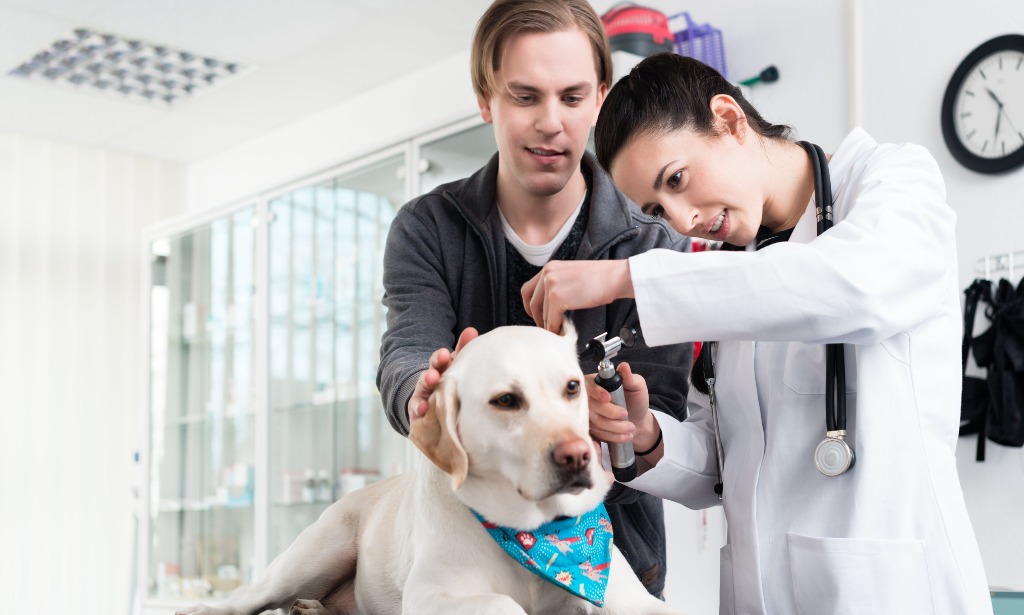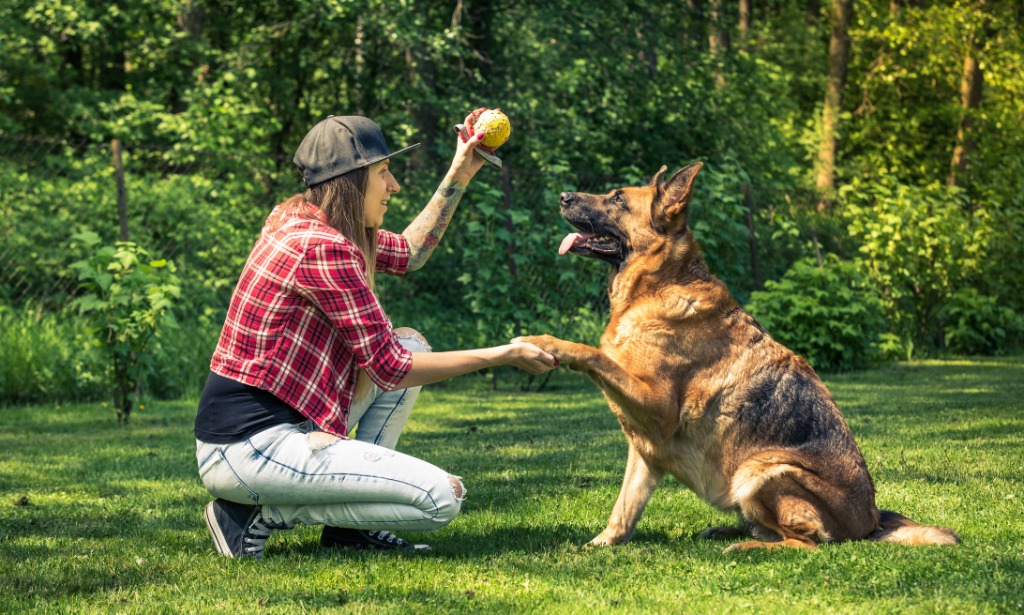Dog trainers play an important role in shaping the behaviour and obedience of our furry friends. Imagine a scenario where you adopt a cute, rambunctious puppy, but as it grows into adulthood, it becomes aggressive and difficult to control. This is where a dog trainer steps in to help transform your pet into a well-behaved companion. From basic obedience commands to advanced training for working dogs, dog trainers use positive reinforcement techniques to encourage desirable behaviors and discourage unwanted ones.
Animal Care Professional
Have you ever wondered who takes care of the animals at zoos, aquariums, and wildlife sanctuaries? Meet the animal care professionals, who dedicate their lives to ensuring the well-being of creatures great and small. These individuals are responsible for the daily care and maintenance of a wide range of species, from domestic pets to exotic wildlife. From feeding and cleaning, to providing medical care and monitoring behavior, animal care professionals play a critical role in maintaining the health and happiness of the animals in their care.

What is the Average Annual Salary of 'Animal Care Professional'?
$32,135

USA
£21,477

UK
Explore Career
Introduction
Have you ever walked into a pet store and felt a warm and fuzzy feeling, watching dogs and cats playing together, knowing they are well-cared for? This is the work of Animal Care Professionals, the people who care for our beloved pets every day. Whether they are working in animal shelters, pet stores, or private homes, they play a vital role in ensuring that animals receive the love, care, and attention they need.
Also known as
- Animal Caretaker
- Pet Care Specialist
- Animal Care Technician
- Pet Caregiver
Typical Job Responsibilities
The typical Job responsibilities for an animal care professional include:
- Feeding, watering, and grooming animals
- Cleaning and maintaining animal living areas
- Administering medications to animals as directed by veterinarians
- Monitoring animal health and behavior
- Keeping accurate records of animal care and feeding schedules
- Assisting with animal training and socialization
- Assisting with animal adoptions and fostering programs
- Educating pet owners on animal care best practices
Standard Work Environment
Animal care professionals may work in a variety of settings, including animal shelters, pet stores, kennels, veterinary clinics, and private homes. They may work indoors or outdoors, and the work environment may be noisy and hectic at times.
Work Schedule
Working hours may vary depending on the type of animal care facility, but many animal care professionals work full-time during regular business hours. Some may also be required to work weekends and holidays.
Employers
An Animal care professional may find a job in –
- Animal shelters
- Pet stores
- Kennels
- Veterinarian clinics
- Private homes
Unions / Professional Organizations
The National Association of Professional Pet Sitters (NAPPS) and the International Association of Professional Dog Trainers (IAPDT) are two professional organizations for animal care professionals. These organizations provide members with resources and support, including training programs, continuing education opportunities, and networking events.
Workplace Challenges
- Dealing with sick or injured animals
- Managing challenging animal behaviors
- Working in a noisy and hectic environment
- Balancing workload with providing quality care for each animal
- Maintaining accurate records and ensuring compliance with regulations
Projected Career Map
Animal care professionals often start in entry-level positions and work their way up to higher-level roles, such as animal care supervisors or managers. They may also choose to specialize in a specific area, such as animal behavior or nutrition. Continued education and certification programs can also help advance their careers.
Job prospects
The demand for animal care professionals is growing, driven by the increasing popularity of pet ownership and the need for quality pet care services. According to the Bureau of Labor Statistics, the employment of animal care and service workers is projected to grow 5 percent from 2019 to 2029, about as fast as the average for all occupations.
Beneficial Professional Development
Animal care professionals can benefit from various professional development opportunities to improve their skills and knowledge in the field. These opportunities may include:
- Continuing education: Pursuing advanced degrees, certifications, or taking courses and attending conferences to stay up-to-date on new developments and techniques in animal care.
- Practical experience: Volunteering or interning at animal care facilities to gain hands-on experience working with a variety of animals.
- Networking: Attending workshops, conferences, and professional associations to connect with others in the field and learn from their experiences.
- Soft skill development: Developing communication, teamwork, and leadership skills to work effectively with colleagues, clients, and animals.
- Specialized training: Obtaining training in specific areas such as animal behavior, medical procedures, or animal welfare.
By focusing on these areas of professional development, animal care professionals can improve their abilities to provide high-quality care for animals and advance in their careers.
Conclusion
Animal care professionals play a crucial role in ensuring that our beloved pets receive the love, care, and attention they need. With projected growth in demand for animal care services, now is a great time to consider a career in this rewarding field. Whether you are starting in an entry-level role or looking to advance your career, the opportunities for growth and professional development are endless.
Advice from the Wise
The greatness of a nation and its moral progress can be judged by the way its animals are treated.
Holland Codes, people in this career generally possess the following traits
Realistic
Investigative
Artistic
Social
Enterprising
Conventional
United Nations' Sustainable Development Goals that this career profile addresses





























































 ">
">